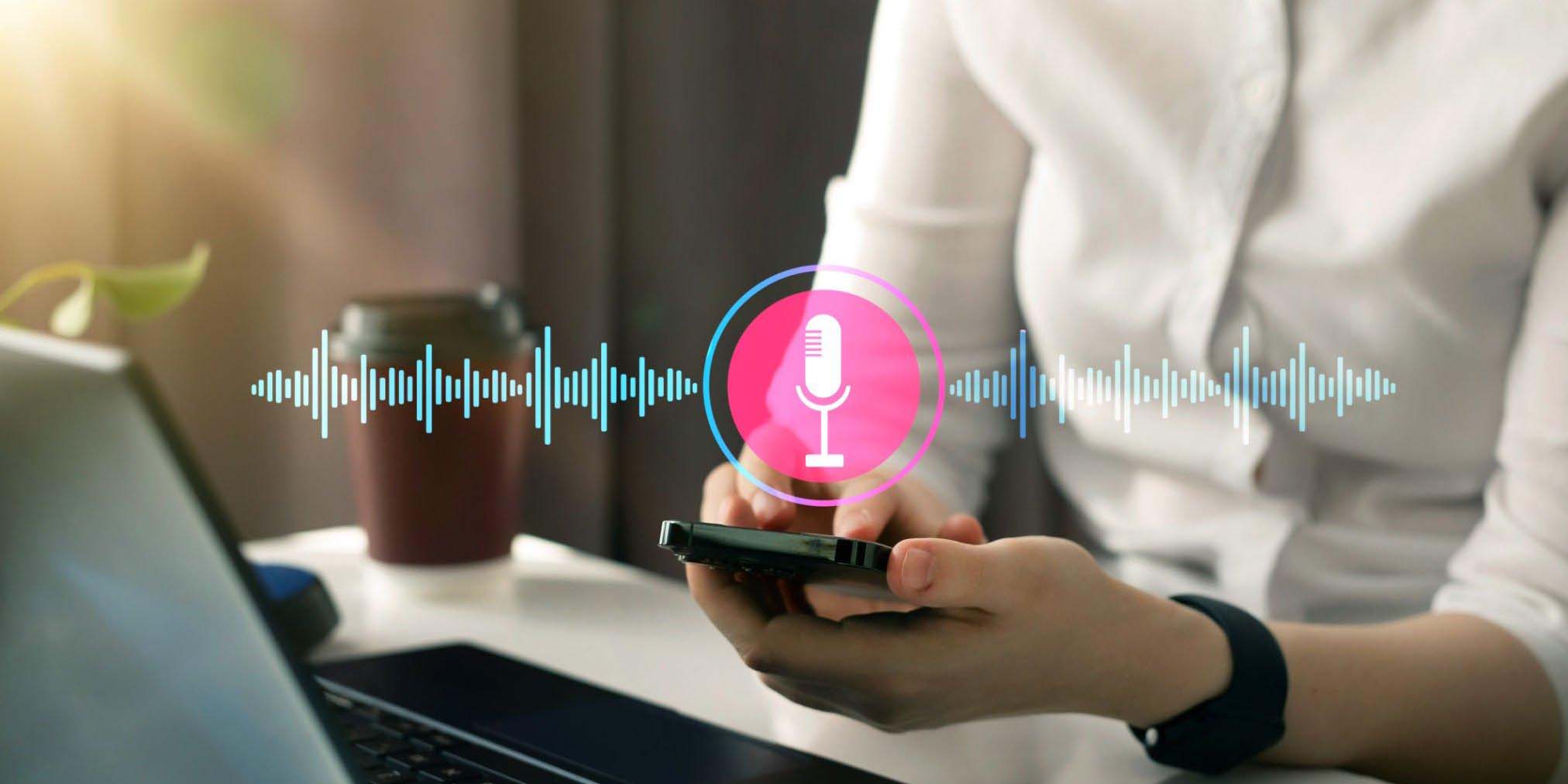

August 6, 2023
Natural Language Processing (NLP) is the subfield of artificial intelligence (AI) that deals with the interaction between humans and computers using natural language. It is about teaching machines how to understand and interpret human language and generate appropriate responses.
With the rapid advancements in machine learning and AI, NLP services are revolutionizing speech and audio processing. It enables machines to accurately transcribe and translate spoken words, perform sentiment analysis, and even generate natural-sounding speech.
From virtual assistants like Siri and Alexa to language translation tools, NLP plays a key role in shaping how humans interact with technology. With its vast potential, imagining a future where human-like conversation with machines is a norm is not difficult.

Incorporating NLP into audio and speech processing has a collection of perks such as:
NLP algorithms can detect words and phrases in noisy environments through the analysis of phonetic features. It improves speech recognition accuracy.
Natural-sounding speech can be generated using NLP algorithms that are capable of analyzing the structure and patterns of natural language. By doing so, they can produce speech that sounds just like a human voice and is easy to comprehend.
Language sentiment can be scrutinized with NLP solutions to decode the spoken word. By examining speech intonation, tone, etc, these intricate algorithms can appraise whether spoken sentiment is characterized as positive, negative, or neutral.
Using NLP algorithms, specific speakers can be recognized based on their distinctive speech traits. NLP systems can recognize speakers even in loud surroundings by examining the frequency, length, and other speech characteristics.
NLP methods can be used to convert spoken words between two different languages. NLP algorithms can produce precise translations in real time by deciphering the meaning and structure of spoken language.
NLP services can also be used to classify audio files based on their content. By analyzing the words, phrases, and topics discussed in an audio file, NLP systems can identify the type of content (e.g., news, music, speech, etc.) and classify it accordingly.

Natural Language Processing has always been a cutting-edge technology, but it is now making its way into the world of speech and audio processing. We can see a range of exciting applications emerge by applying NLP techniques to these fields.
There are many applications of NLP in speech recognition and audio processing. Here are some examples:
Voice assistants like Amazon Alexa, Apple Siri, and Google Assistant use NLP to understand and respond to spoken commands. They use natural language processing algorithms to convert speech into text, analyze the text, and generate an appropriate response.
NLP algorithms can transcribe spoken language into written text. This can be useful for generating video captions, transcribing speeches or lectures, or creating text versions of audio content.
Automate operations by analyzing customer inquiries and routing them to the appropriate department or agent. NLP algorithms can also generate automatic responses to frequently asked questions.
Summarize long audio recordings, such as lectures or meetings with NLP. By analyzing the content of the recording, NLP systems can identify the main points and generate a summary of the key takeaways.
Analyze speech patterns and identify trends in customer feedback, employee performance, or other areas. This can help companies make data-driven decisions and improve their operations.
NLP can be used to analyze the emotional content of spoken language. By analyzing tone, intonation, and other vocal cues, NLP algorithms can identify the speaker’s emotional state, which can be useful in customer service.
The progress of Natural Language Processing in audio and speech processing is looking bright for the future. Thanks to the arrival of advanced machine learning tactics, deep learning structures, and abundant data sources, NLP is making impressive progress in audio and speech processing applications. This advancement has also led to the formation of complex speech recognition systems, language change-over, sentiment analysis, text-to-speech conversion, and many other applications.
Therefore, NLP services shall continue making strides in audio and speech processing. The future of speech and audio processing looks bright with the availability of data and technological advancements, leading to the vast potential for NLP applications. Countless industries like finance, healthcare, transportation, and more will likely witness a revolution from NLP in speech and audio processing.